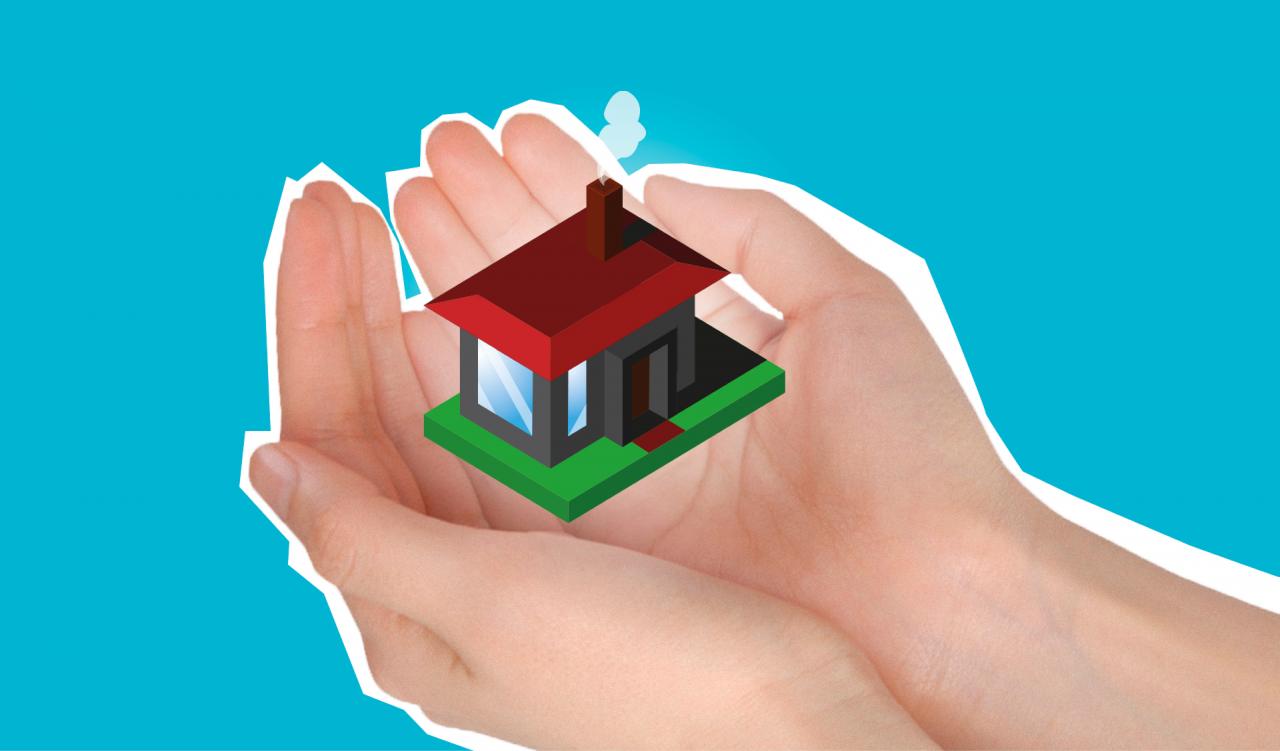Choosing how to pay for home improvements can be a daunting task. But with the right information, you’ll be able to make a smart decision that fits your needs and budget.
When it comes to deciding the best way to pay for home improvements, weighing the pros and cons of each method is important. Here’s how to determine what financing option is best for you.
Start by considering the interest rates. If you have a good credit score, an unsecured loan can be better than a secured loan because of lower interest rates. Secured loans may be more affordable if your credit score is lower.
Another consideration is the repayment periods. Unsecured loans typically have shorter repayment periods than secured loans (up to 20 years). Short-term loans are usually paid off with cash flow or savings rather than other assets like stocks or bonds that could become illiquid if sold at short notice to pay a bill on time. This makes them ideal for small purchases like kitchen appliances or furniture that you may need immediately after purchase but don’t expect will appreciate much over time.
What Kind Of Work Are You Doing?
Once you have the answers to those questions, it’s time to figure out what kind of work you’re doing and how much it will cost.
- What kind of work are you doing?
- Do you want to replace a water heater or make a few simple repairs?
- Are you planning on remodeling your kitchen or bathroom?
- How much is it costing?
- If possible, get an estimate from multiple contractors before deciding which one is right for your project. This way, if there are any unexpected costs along the way (and there usually are), at least there won’t be any surprises when it’s time for payment.
How Much Are You Spending?
If you are borrowing money to finance the renovation, then it’s important to know how much money you’ll be spending on your home improvements. Knowing these three things can help:
- The loan amounts.
- The loan term (which is the length of time over which your payments are spread out).
- The interest rate (which is how much interest will be charged on top of what you already owe).
How Do You Feel About Your Credit?
If you’re in the market for a new credit card or have been considering applying for a home loan, it’s important to know how your current credit history will affect your ability to get approved. Based on the data in your credit report, your credit score is a number that indicates how credit-worthy you are.
The typical credit score in the United States is between 300 and 850; anything under 600 is poor, while anything above 750 is fantastic. In general, better conditions and cheaper interest rates when applying for loans or store cards are associated with higher scores. The best way to improve your score? Pay all your bills on time every month.
How Much Do You Have In Savings?
You can use savings, money market, CD, or stocks to pay for home improvements. You may also want to consider a bond or mutual fund.
Which Offer Has The Lowest Interest Rate?
Interest rates vary by lender, so you can’t just compare rates to determine which financing option is best for you. Interest rates are a significant factor when choosing the best financing option for your project, so it’s important to understand the different interest rates. One option is a fixed-rate loan, this type of loan has a set interest rate that doesn’t change over the life of the loan, regardless of changes in market conditions.
The initial rate may be lower than what other lenders would offer to similar borrowers under similar circumstances due to its risk factors (the risk being that home prices might not increase). Adjustable-rate mortgage (ARM): An ARM has an initial fixed rate that lasts for an initial period (usually five or 10 years). After this period ends and if you choose not to refinance, your monthly payments will adjust based on changes in market interest rates at that time.
Your home improvement project will likely be more successful if you take the time to figure out how you want to pay for it before you start.
- You’ll have a better idea of what you can afford.
- You’ll be able to make better decisions about what you want to do. You’ll be able to be more efficient with your time.
- You’ll know exactly what kind of work you want to be done and how much it will cost before you start working with contractors or other professionals on the project.
Final Thoughts
In the end, taking the time to figure out how you want to pay for your home improvements will help ensure that they go smoothly and that you’re satisfied with the outcome. The best way to pay for them is by understanding what kind of work you’re doing and how much it costs.
You should also consider whether your credit score is good enough for a loan or if other financing options are available (such as friends or family members who might be willing to lend their support). Finally, don’t forget about your savings account. If all else fails, ensure it won’t affect its balance too much before making an investment decision like this.

